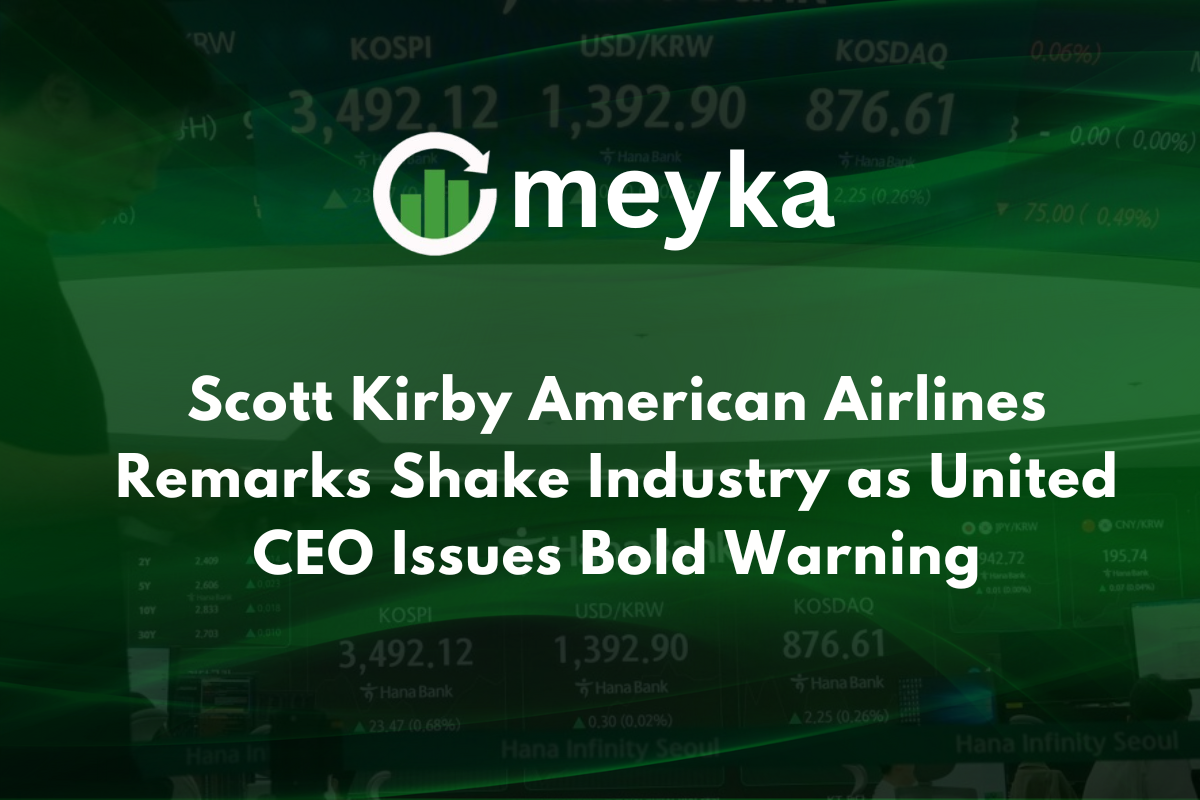Scott Kirby American Airlines Remarks Shake Industry as United CEO Issues Bold Warning
In a move that’s reverberated across the aviation world, Scott Kirby, chief executive of United Airlines, issued forceful remarks about the structure and future of the U.S. airline industry. His comments specifically targeted American Airlines and other major carriers, declaring there is room for only two dominant, full-service airlines in the United States.
Continue Reading on Meyka
This article is available in full on our main platform. Get access to complete analysis, stock insights, and more.
Read Full Article →





